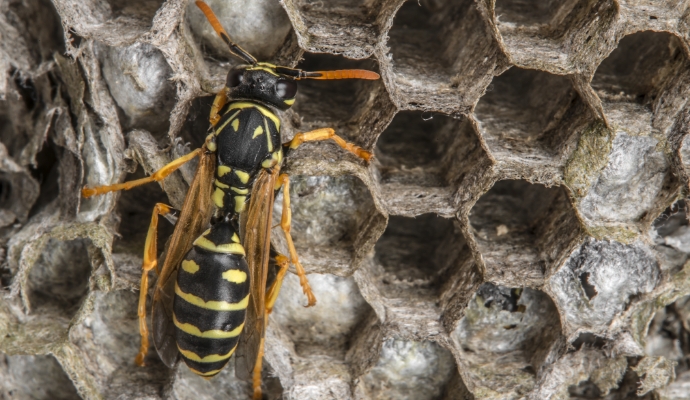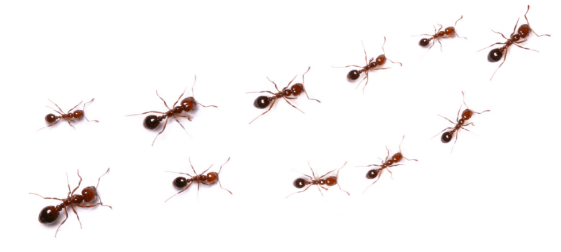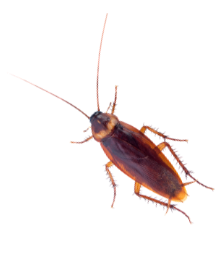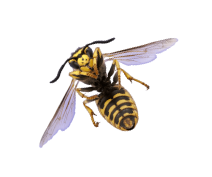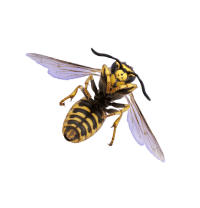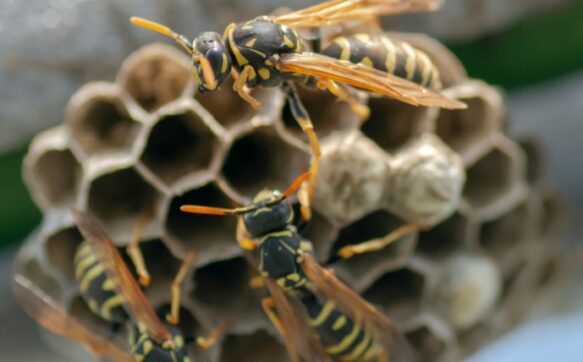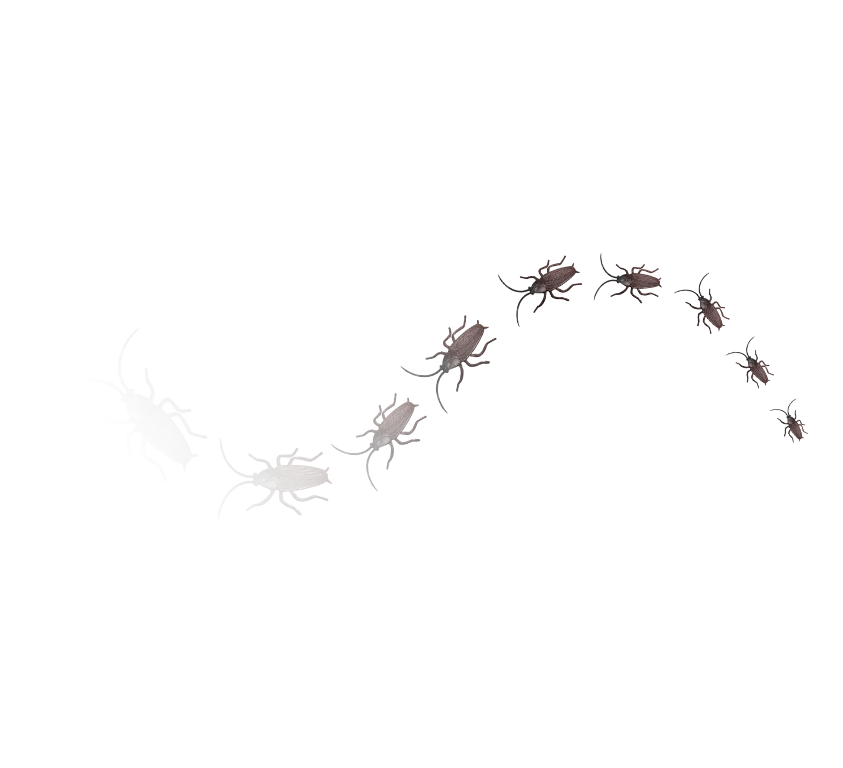
Unlike bees, which can sting only once, wasps can sting multiple times, posing a significant risk to humans, especially those with allergic reactions to wasp stings. Managing wasp populations and minimizing the risk of stings involve understanding wasp behavior, effective removal of nests, and implementing preventive strategies to deter them from settling near human activity areas.
Wasps are social insects with colonies that start anew each spring by a single queen who survives the winter. The queen establishes a nest in a sheltered location, which can grow significantly by the end of the summer. Common nesting sites include eaves, soffits, under deck railings, and in bushes or trees. Wasps are generally more aggressive near their nest, where they are most likely to sting to defend it. They are attracted to food sources around homes, especially sweets and proteins, during late summer and early fall.
The primary concern with wasps is their ability to sting multiple times, which can be painful and potentially dangerous. Wasp stings may trigger allergic reactions, ranging from local discomfort to severe anaphylactic shock in sensitive individuals. Therefore, reducing wasp encounters and managing their populations is crucial, especially in areas frequented by people.
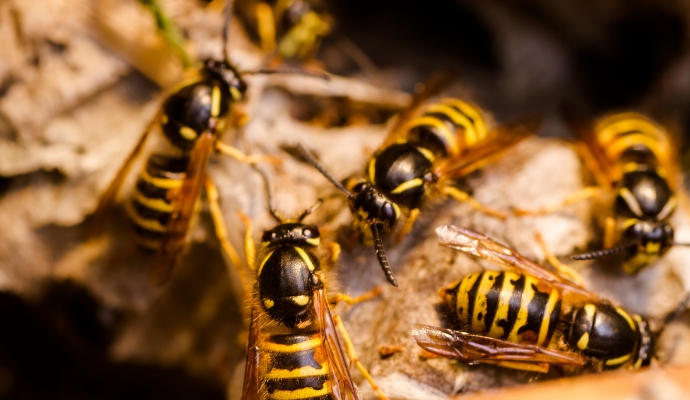
Identifying a wasp infestation early can prevent the colony from growing to a size that poses a greater risk. Signs include:
Visible observation of wasps flying in and out of a specific area, indicating a nest nearby.
The presence of a nest, which can vary in appearance based on the wasp species, from paper-like nests to burrows in the ground.
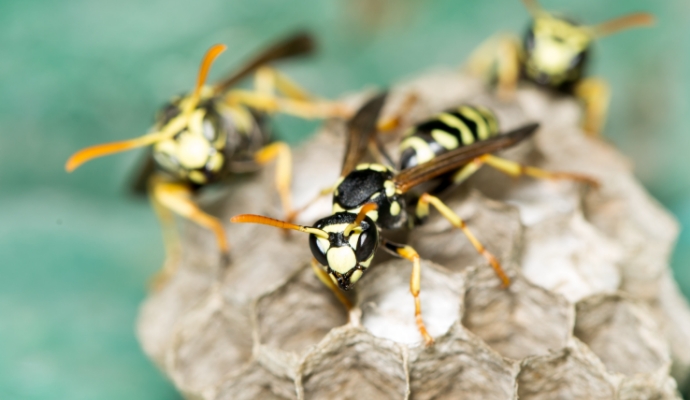
Effective wasp control involves a combination of removing existing nests and employing preventive measures to deter future nesting:
Nest Removal: Removing wasp nests is a delicate task that should be done carefully, preferably in the evening when wasps are less active. For safety, especially with larger nests or when allergic reactions are a concern, professional pest control services are recommended.
Preventive Measures: To deter wasps from nesting near your home, remove potential food sources by keeping trash cans sealed and cleaning up food spills immediately. Consider using decoy nests in early spring, as wasps are less likely to build a nest near another colony.
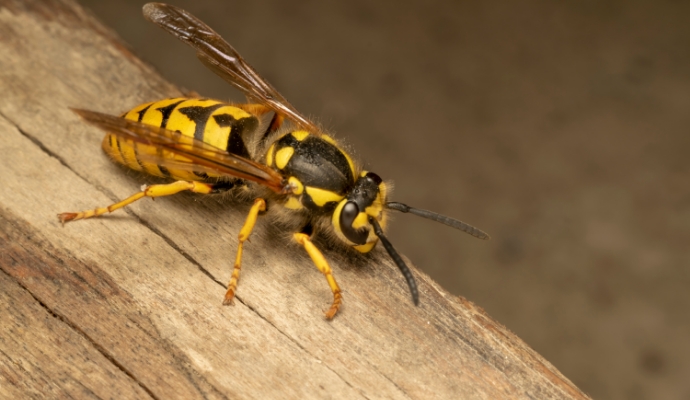
Professional pest control services offer safe and effective removal of wasp nests, especially in cases where nests are large, located in difficult-to-reach areas, or when there is a risk of allergic reactions. Professionals are equipped with the appropriate gear and insecticides to manage the situation effectively, minimizing the risk of stings.
Regular inspection of your property for early signs of wasp activity can help prevent the establishment of new nests. Keep an eye on previously affected areas and maintain a clean and food-free outdoor area to reduce the attractiveness of your property to wasps.
Understanding the behavior of wasps and taking proactive steps to manage their populations and nests are key to minimizing the risk of stings and ensuring a safe environment around your home. With careful attention and the occasional need for professional intervention, it’s possible to control wasp populations effectively.
